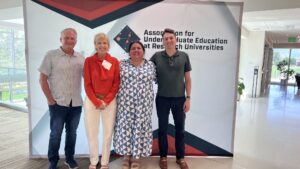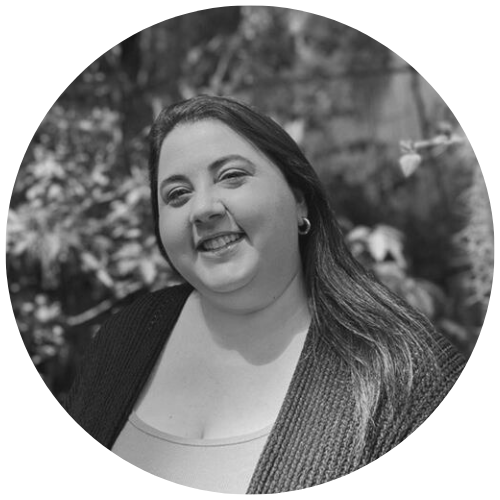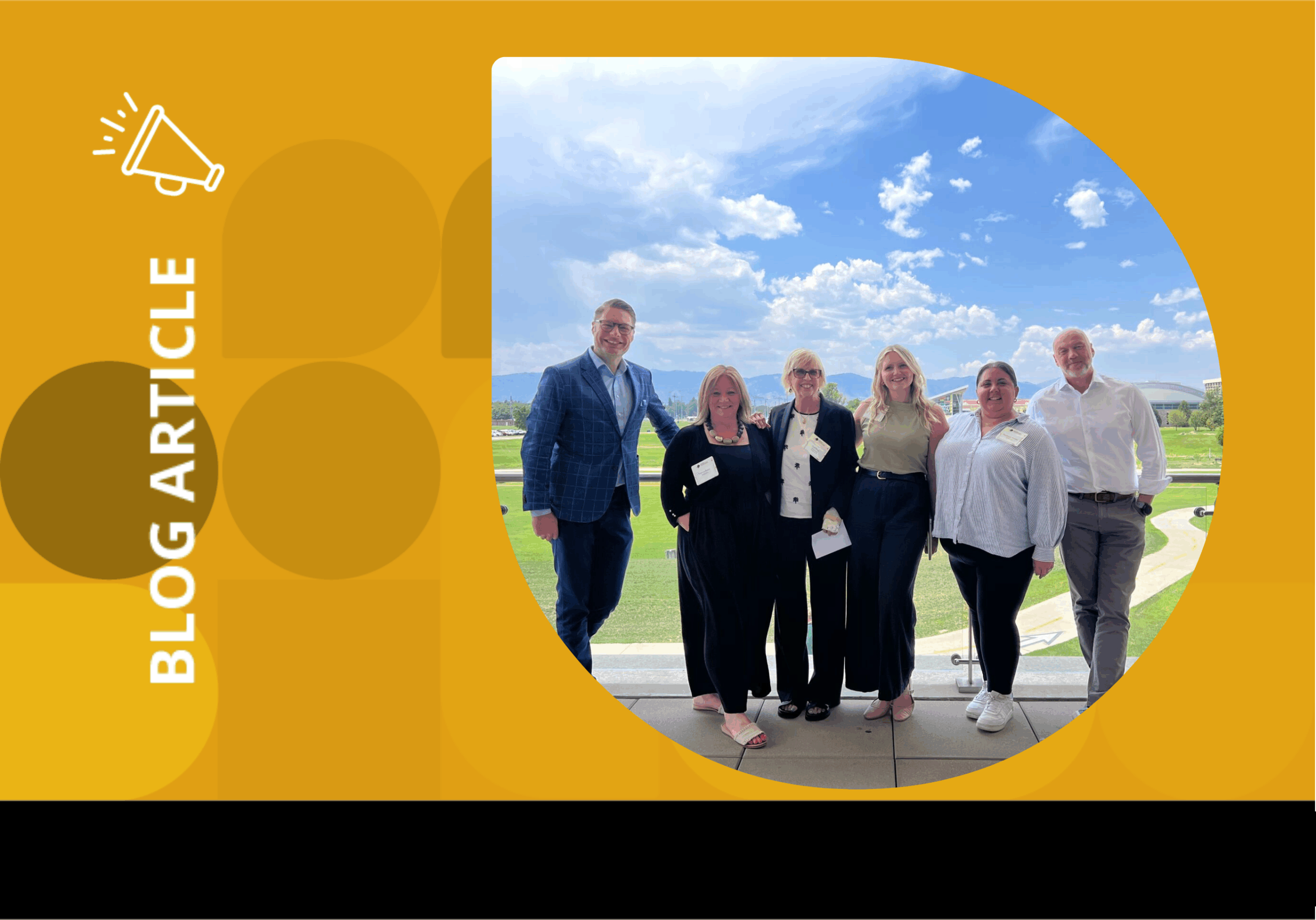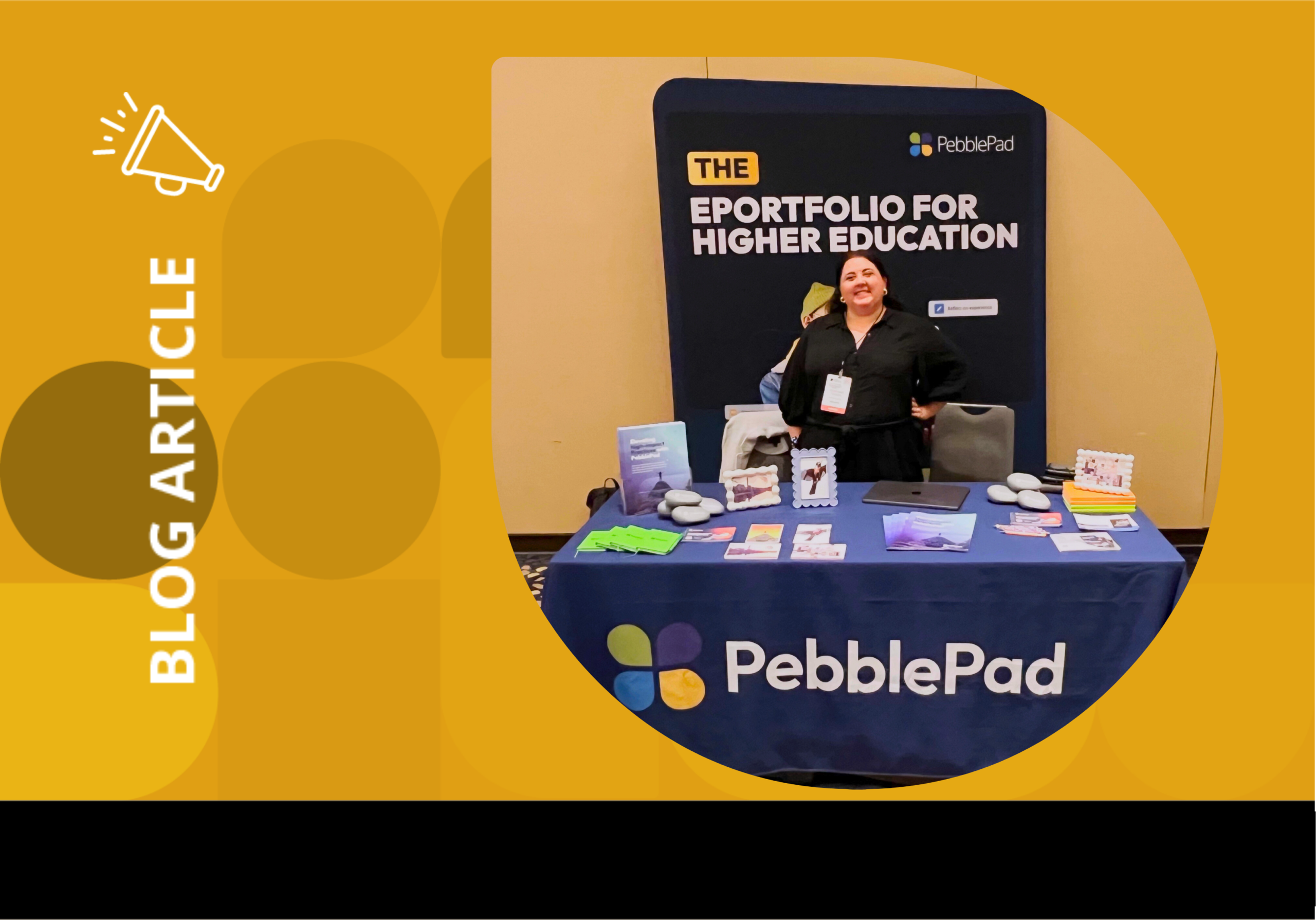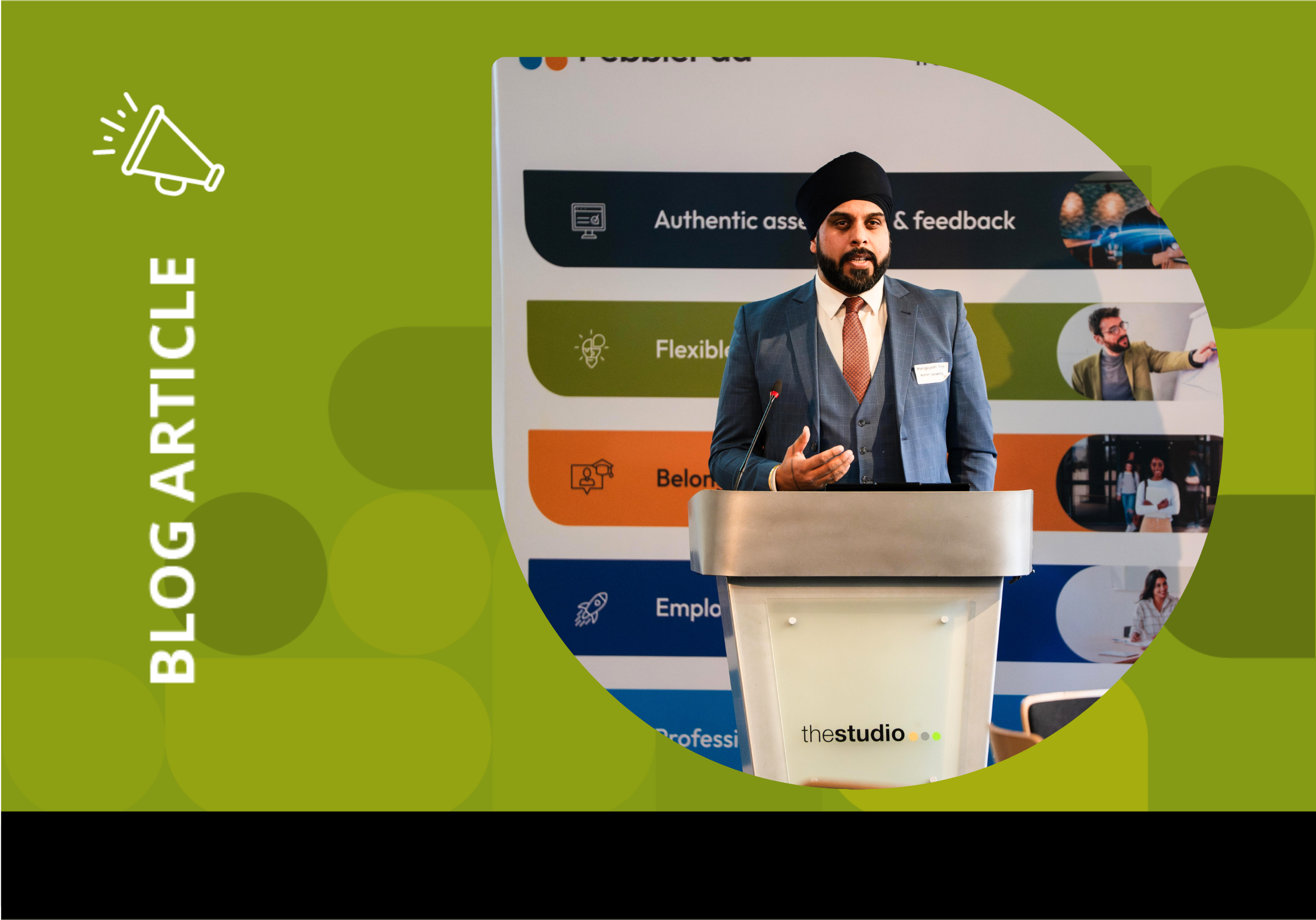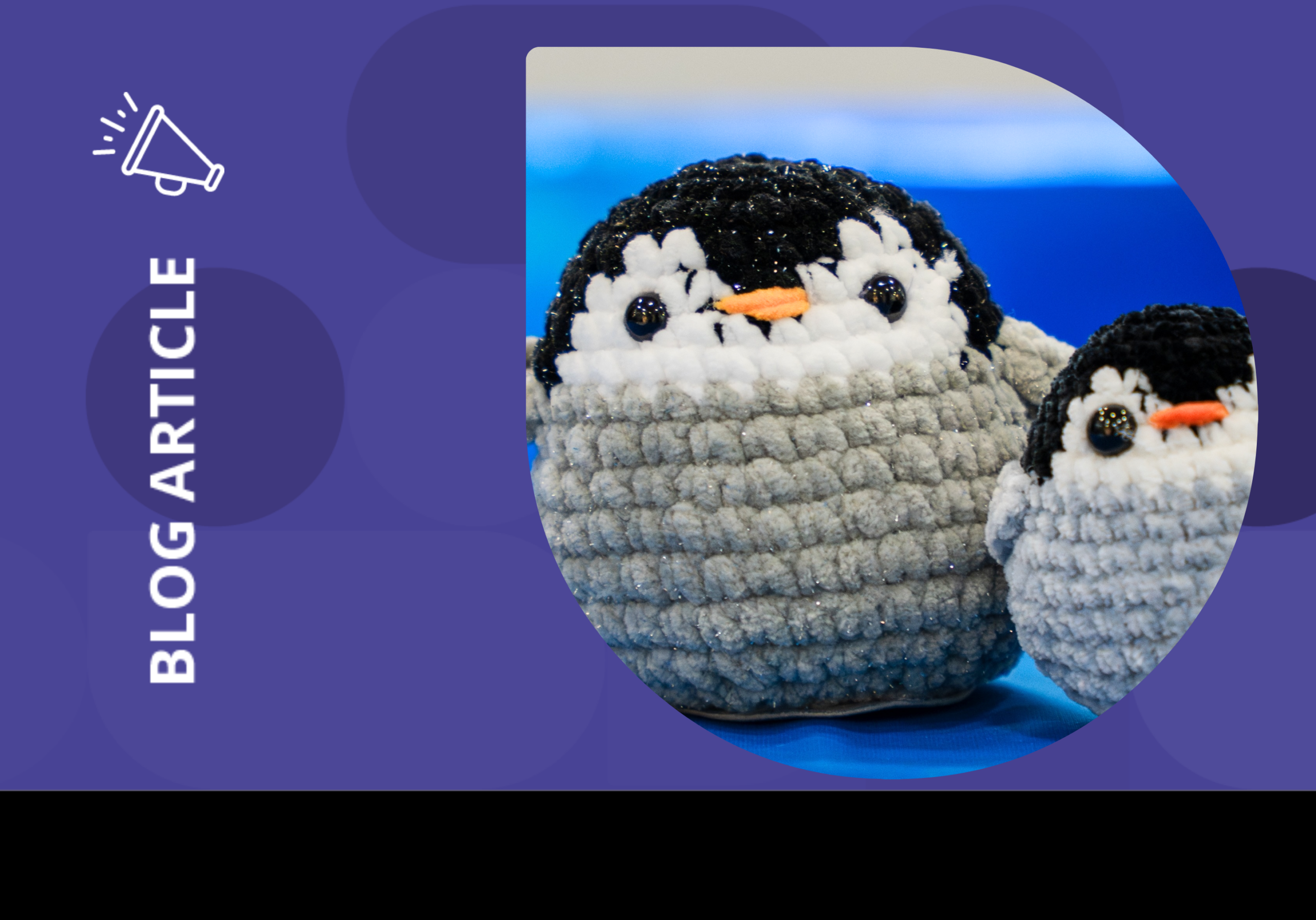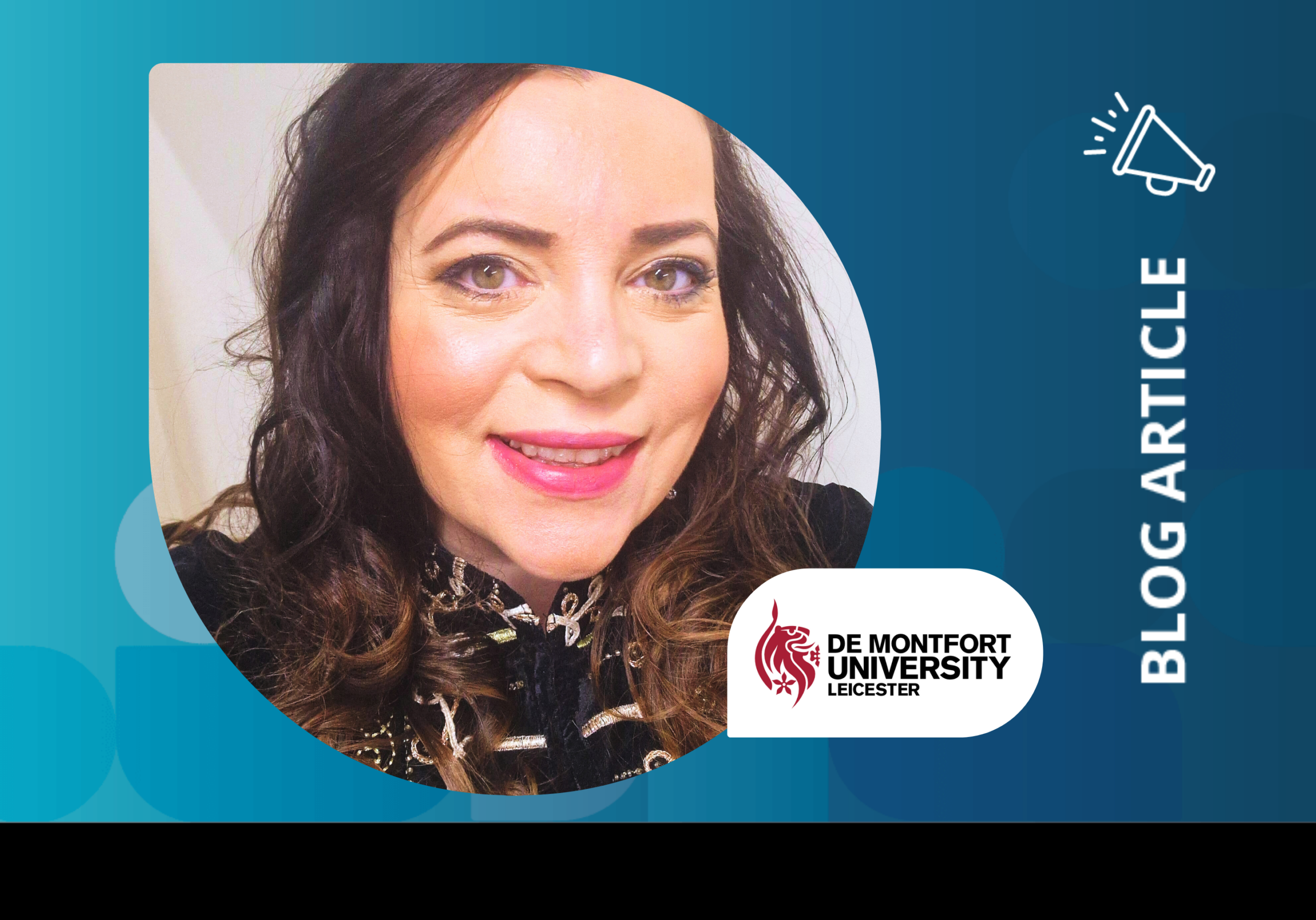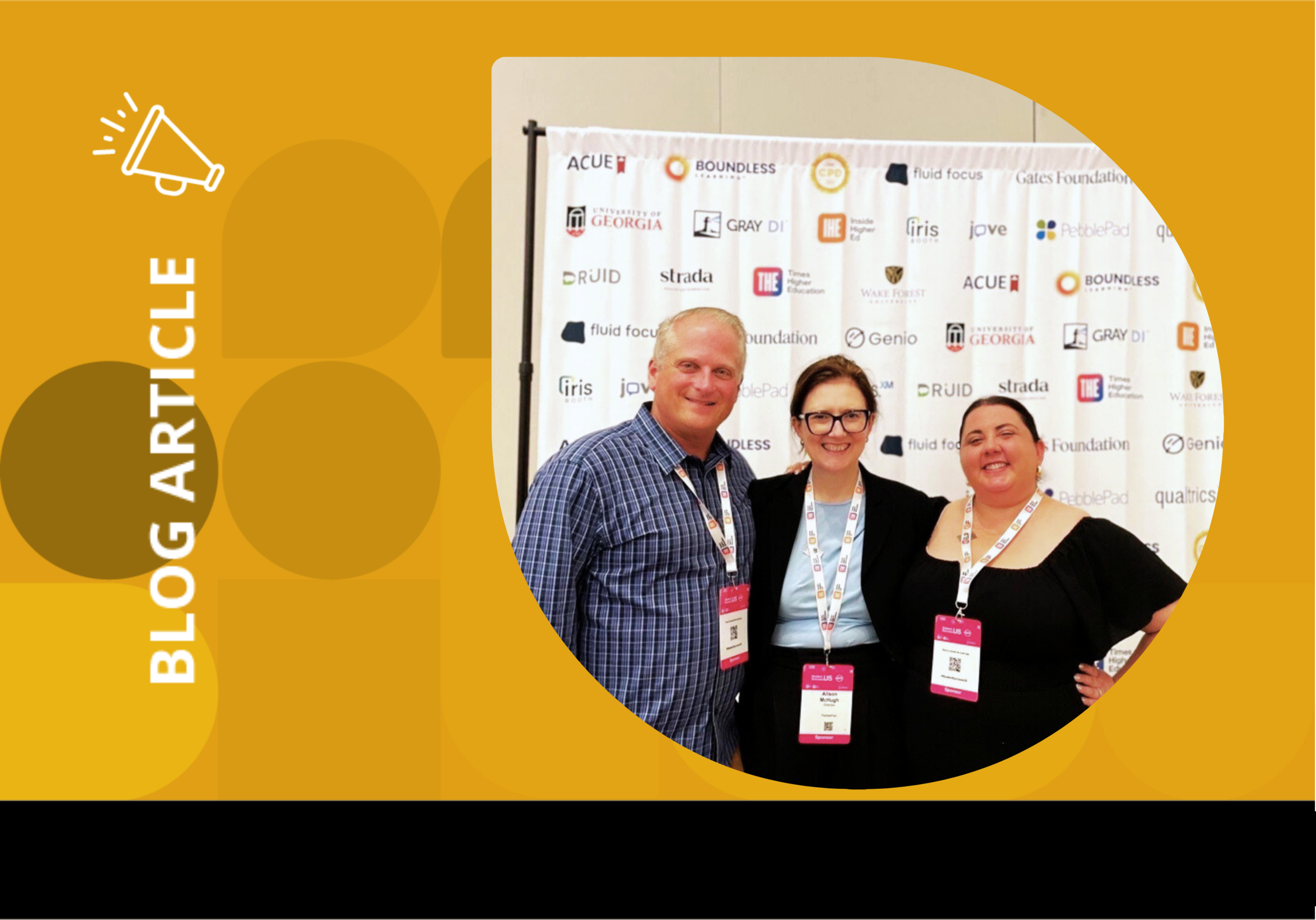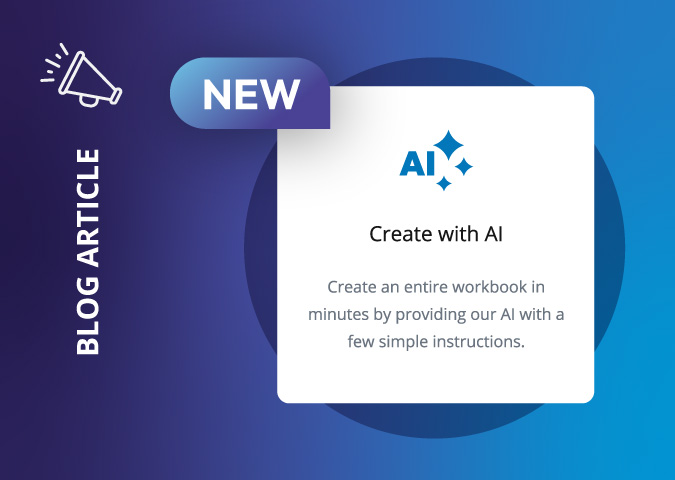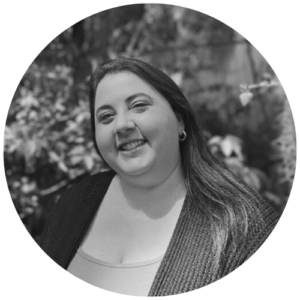Discover what PebblePad learned attending this exclusive event, where academic leaders from across the U.S. came together to develop institution-specific strategies for improving student success through cross-campus partnerships.
Hosted by the Association for Undergraduate Education at Research Universities (UERU) and located at Colorado State University, PebblePad had the privilege to attend the 2025 Lamborn-Hughes Institute (LHI) this summer. With participation being a component of PebblePad’s new partnership with UERU, the PebblePad team connected with senior academic leaders from across the United States who are committed to making a positive impact on undergraduate education.
The Lamborn-Hughes (LHI) focuses on fostering collaborative partnerships across otherwise siloed units at colleges and universities for the common goal of superior undergraduate education and student success. With immense pressure on administrators and leaders to prove the value of higher education in the U.S., this emphasis on collaboration is more important now than ever.
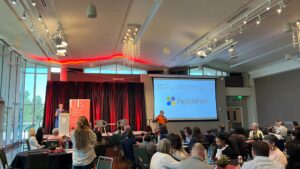
Coordinating actions
Over the course of three days, LHI teams representing several institutions gathered at Colorado State University to engage in structured networking between institutions to curate campus-specific plans of action. These focus on issues ranging from increasing accessibility to undergraduate research opportunities and enhancing faculty partnerships to promoting curricular and co-curricular engagement.
There were several sessions that explored how to address these challenges, offering fascinating insights and far-reaching strategies including:
Redesigning student support structures
Institutions are rethinking how they serve increasingly diverse student populations—especially transfer students—by shifting away from legacy models and adopting frameworks like Targeted Universalism. This approach sets shared goals while recognizing individual barriers, helping institutions like the University of Texas evolve its infrastructure to better support students’ financial planning, career development, and basic needs.
Using AI to strengthen retention and transitions
To meet retention targets, universities are embedding AI into first-year experiences and transfer support. For example, Florida International University is enhancing its Connect for Success course and developing a chatbot to guide incoming students, exploring how everyday tools like WhatsApp and Teams can foster meaningful academic connections.
Making undergraduate research more equitable
Access to research remains uneven across campuses, with some students facing ‘research deserts’. Institutions like Wayne State University are tackling this by mapping existing opportunities, addressing any funding gaps, and promoting cross-department collaboration. This crucial work underlines just how important scalable tools and structured guidance are to sustaining engagement and opening graduate pathways.
Creating cohesive first-year experiences
Institutions are working to unify fragmented onboarding efforts—bringing together academic, social, financial, and wellbeing support to improve retention and student belonging. One university noted, “we have the components, but we don’t build the puzzle together.” Its goal is to close gaps between terms and ensure equitable access to support from day one.
Scaling student success through faculty ownership
Institutions that face significant challenges in student progression are reimagining success strategies. For example, one university is making faculty directly accountable for success rates, while adapting advising models to support retention goals. Deep, data-informed interventions are being introduced, including department-led degree planning and timely program milestones.
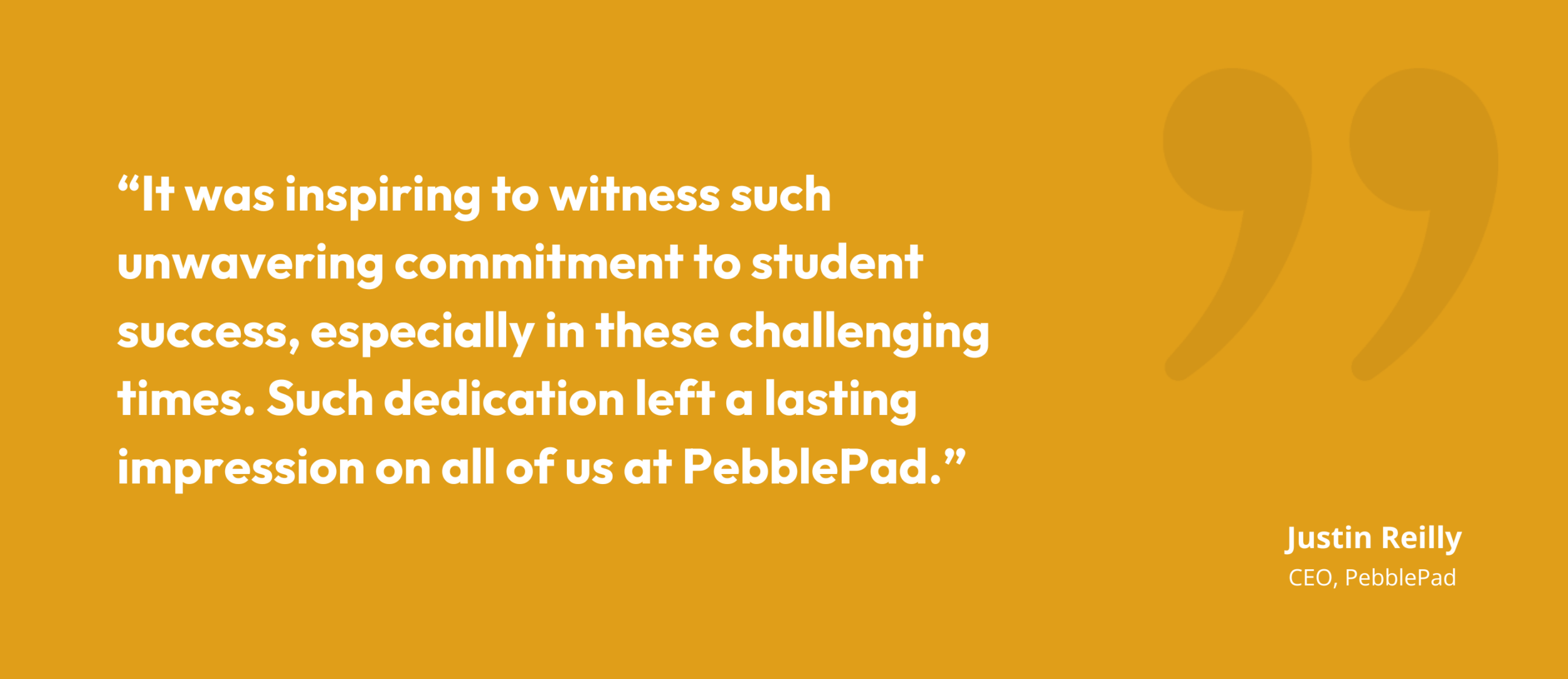
Shared purpose, bold ideas
Our biggest takeaway from the Lamborn-Hughes Institute event was how it brought together a passionate community of educators committed to advancing student success through collaboration, innovation, and inclusive practice. Across sessions, attendees demonstrated a shared willingness to confront challenges head-on—whether through reimagining advising models, enhancing access to research opportunities, or fostering deeper faculty-student partnerships.
What also stood out was the spirit of openness and mutual learning that defined the gathering. Institutions shared bold ideas and actionable plans, supported by a culture of experimentation and empathy. The energy, humor, and strategic thinking on display left a lasting impression.
The journey continues
Such deep collaboration doesn’t end there – PebblePad is heading to the Fall UVP meeting in San Antonio in Texas later this month. It promises tto be three days packed with fascinating programs and networking opportunities.
Shane Sutherland, our Chief Academic Officer, says, “we’re looking forward to connecting with some of the same folks at the UVP gathering, making new friends and acquaintances and learning more about the challenges—and opportunities—facing higher education in the U.S.”.
